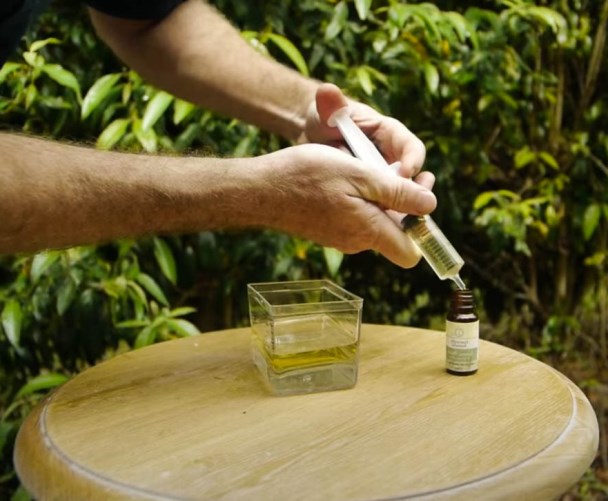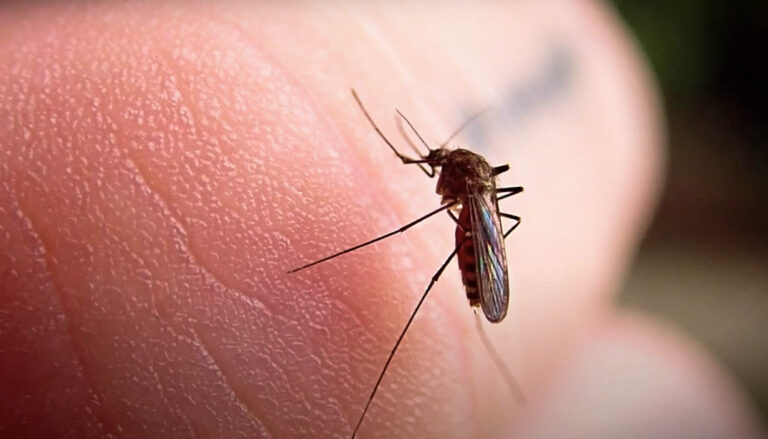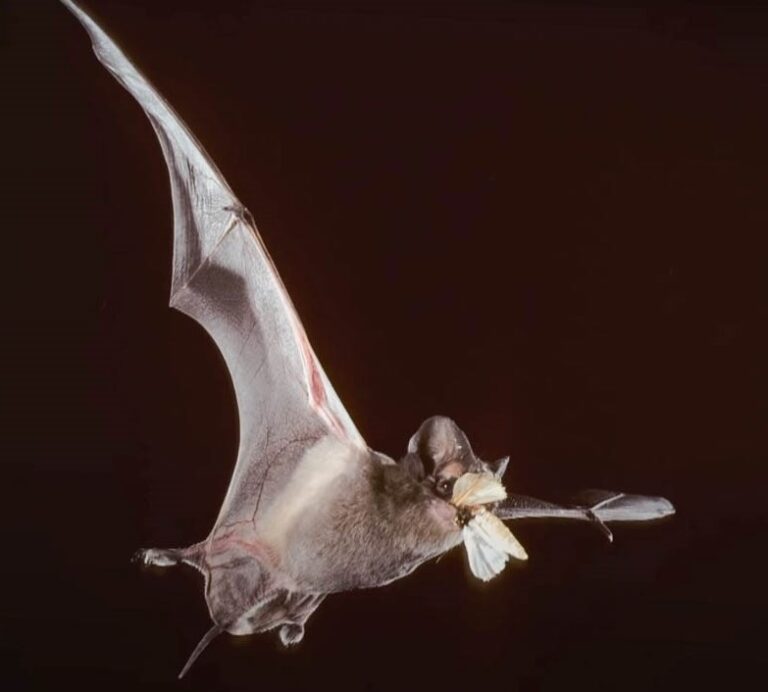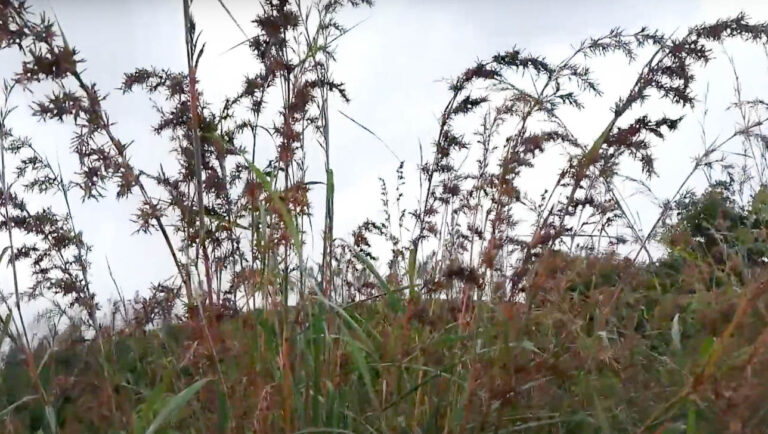Do plants repel mosquitoes?
Do plants repel mosquitoes?
Mosquitoes are not just annoying tiny insects. They are also deadly insects that spread a lot of dangerous diseases. Having mosquitoes on your property puts all occupants at risk of diseases such as malaria and West Nile fever.
Getting rid of mosquitoes requires the application of proven methods that will discourage the activity of the insects. Barrier methods are also effective for controlling and preventing mosquito infestations.
In this article, we consider whether plants can repel mosquitoes and what plants are suitable mosquito repellents.
Can plants repel mosquitoes?
Repellents are substances that can discourage the activity of the target pest. Repellents contain different components that can inspire negative reactions in the target pests. They could specifically attack the sense of the target animal or insects. For example, repellent plants could have smells or tastes which the target animal hates.
Research has indicated that several plants have features that discourage the activity of mosquitoes through different methods. These plants and their repellent features are highlighted below.
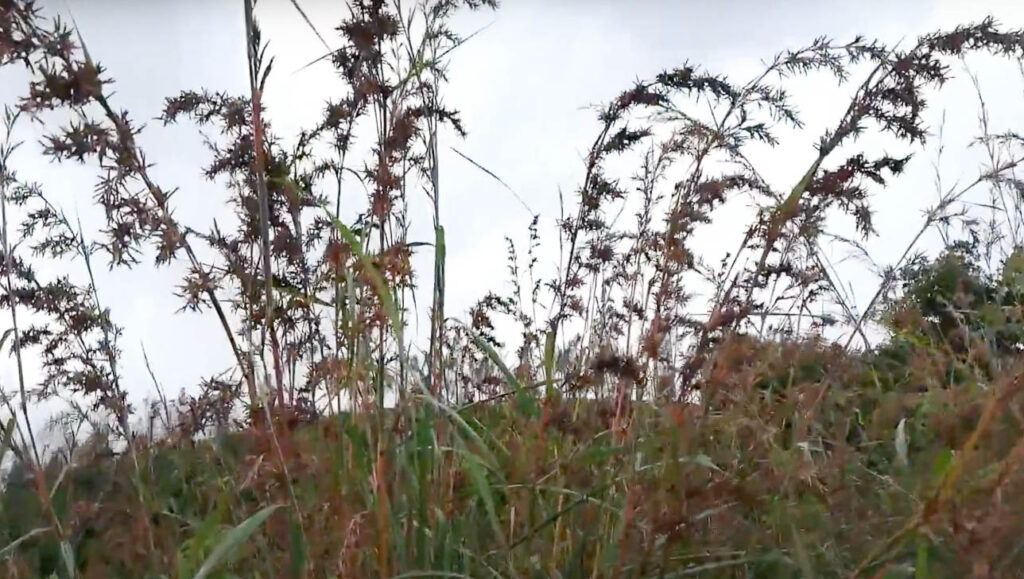
Marigolds
Mosquitoes find the smell of marigolds offensive. Thus, you can grow them in your garden or around your property to discourage the activity of the deadly insects. Marigolds are easy to grow. They are also annual flowers. These features, including that mosquitoes hate their smell, make them a great plant repellent for mosquitoes. It is noteworthy that other insects also hate marigolds.
Catnip
It is easy to grow catnip. It can survive in a wide range of climates. You can particularly grow catnip to use as mosquito repellents. Catnip is an insidious plant and may grow into areas outside those designated for it. Still, it makes an excellent repellent for mosquitoes. Mosquitoes hate the smell of catnip, which belongs to the mint family.
Rosemary
Rosemary is great as a seasoning. Its herbal scent is another great feature. You can grow rosemary both to use as a seasoning and as a repellent for mosquitoes. Mosquitoes do not like the herbal scent of rosemary, a feature that makes it a suitable repellent.
Like mosquitoes, carrot flies and cabbage moths hate rosemary. Rosemary can grow excellently in hot and dry climates. Areas with winter can also support the growth of rosemary.
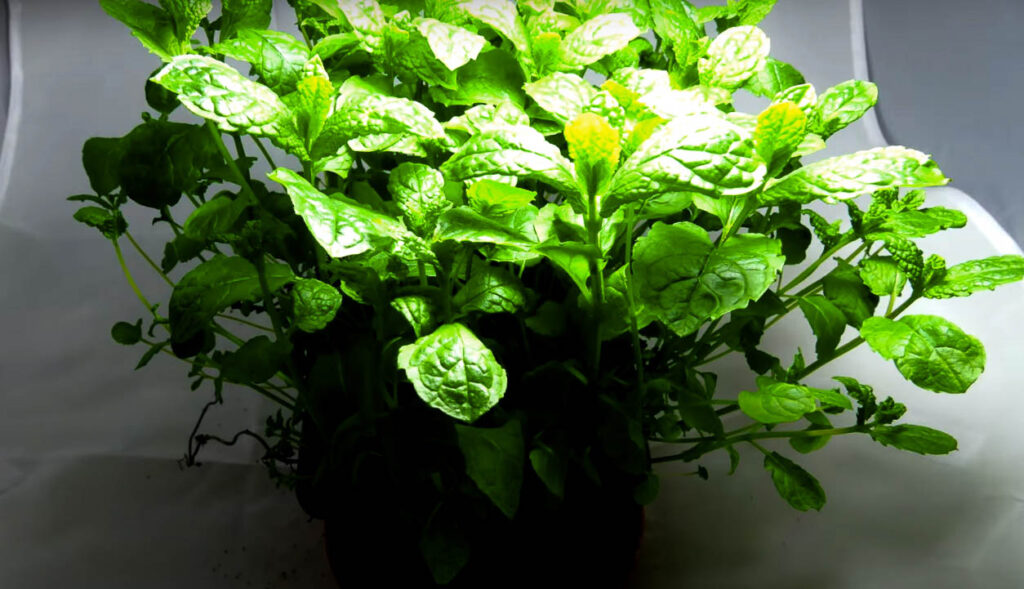
Citronella grass
Citronella grass has proven to be an important plant repellent for mosquitoes. Mosquitoes hate the smell of this plant, just like other repellents. Extracts from citronella grass are some of the components of commercial mosquito repellents. Using the plant directly as a repellent involves growing them in large planters or directly facing the sun. The true varieties of citronella grass are most effective as mosquito repellents
Basil
Basil is an herbal plant that acts as mosquito repellent because of its smell. Mosquitoes find the herbal smell of basil offensive. Flies, amongst other insects, also hate the smell of basil. Basil thrives best in a damp area, with a lot of sunshine and good drainage.
Lavender
Lavender oil, which is gotten from the lavender plant, is an excellent mosquito repellent. Lavender is an effective plant repellent for mosquitoes because they hate the smell, which comes from lavender oil. As a repellent, lavender is effective against different types of pests. It is somewhat easy to grow as it survives in different climates.
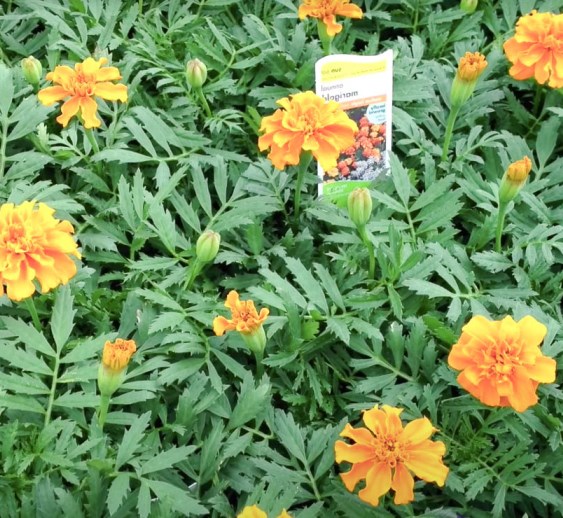
Mint
Mint is another plant with a smell that mosquitoes find unpleasant. You can grow mint for getting rid of or discouraging the activity of mosquitoes as well as other nuisance pests. Mint is also effective for keeping ants and flies away from an area.
There are arguments that the active ingredients, rather than the whole plant, have the repellent activity. Still, good evidence supporting the use of whole plants as repellents exist. The plants above are some of those whose repellent activity has been proven.

